DSIP 10mg- dsip peptide
$35.00
dsip peptide
DSIP peptide (Delta Sleep-Inducing Peptide) is a structurally short neuropeptide of natural origin that influences a number of endocrine as well as physiological processes in the central nervous system. It was first isolated in 1970s from cerebral venous blood of rabbit brains during slow-wave sleep. It is of great interest for its effects and ability to induce sleep, especially in chronic insomnia, release pain, reduce oxidative stress, enhance muscle building, normalize of myocardial contractility, and is also being investigated as a possible agent in the treatment of depressive disorder and withdrawal symptoms. In human research of chronic insomniacs DSIP had normalizing influence on sleep regulation DSIP peptide .
DSIP stands for **Dopamine System Instability Protein**. It’s a protein involved in the dopamine system in the brain, specifically with the regulation of dopamine signaling.
While research is ongoing, the precise function and role of DSIP are still being investigated. Current understanding suggests it may be involved in:
* **Dopamine signaling modulation:** This likely involves interaction with dopamine receptors or other proteins in the dopamine pathway.
* **Synaptic plasticity:** The process of strengthening or weakening connections between neurons, which is crucial for learning and memory.
* **Neuroprotection:** Potentially protecting neurons from damage, though more research is needed to confirm this.
DSIP is a relatively newly discovered protein and more research is needed to fully understand its role in the complex interplay of the nervous system.
Delta sleep-inducing peptide (DSIP) is a naturally occurring substance, which was originally isolated from rabbit brain in 1977 [1]. This curious substance is a nonapeptide that is normally synthesized in the hypothalamus and targets multiple sites including some within the brainstem [2]. As its name suggests DSIP promotes sleep and this has been demonstrated in rabbits, mice, rats, cats and human beings [3–5]. In fact DSIP promotes a particular type of sleep which is characterized by an increase in the delta rhythm of the EEG.
DSIP
DSIP is normally present in minute amounts in the blood. Brain and plasma DSIP concentrations exhibit a marked diurnal variation [6] and there has been shown to be a correlation between DSIP plasma concentrations and circadian rhythm in human beings. Concentrations are low in the mornings and higher in the afternoons. An elevation of endogenous DSIP concentration has been shown to be associated with suppression of both slow-wave sleep and rapid-eye-movement sleep and interestingly also with body temperature [7]. Plasma concentrations of DSIP are influenced by the initiation of sleep [8]. Patients with Cushing’s syndrome suffer from a lack of slow-wave sleep but the diurnal variation in slow-wave and rapid-eye-movement sleep in those patients appears to be similar to that in normal patients [9].
DSIP has been synthesized. Administration of the synthetic substance does not induce tolerance [13]. DSIP can be assayed by several techniques including radioimmunoassay (RIA), enzyme immunoassay and high-performance liquid chromatography with RIA [14–16]. DSIP has a half-life in human plasma of between 7 and 8 min [2]. It is degraded in blood, the pathway involving the amino-peptidases [17]. A potential drug interaction might therefore be envisaged between DSIP and drugs which inhibit or are themselves metabolized by peptidases. Captopril is one such agent and patients currently undergoing treatment with any of the angiotensin-converting enzyme inhibitors should probably be excluded from any DSIP treatment protocol until further studies have been undertaken.
dsip pepside
DSIP peptide This interesting neuropeptide gets its name from animal research, when it was found to be able to induce deep sleep in rabbits. However, science is particularly interested in it because of its many physiological, endocrine and modulatory effects, such as its ability to alter corticotropin levels, inhibit somatostatin secretion, normalize blood pressure, reduce stress, influence sleep rhythms, or chronic pain perception. It even appears that it could find future application in the treatment of depression or cancer. Studies have found that DSIP can be classified as peptide neuromodulator. By activating special receptors in hypothalamus and brainstem it can influence the regulation of the sleep cycle resulting in enhancing deep sleep and minimizing insomnia and anxiety DSIP peptide .


MAECENAS IACULIS
Vestibulum curae torquent diam diam commodo parturient penatibus nunc dui adipiscing convallis bulum parturient suspendisse parturient a.Parturient in parturient scelerisque nibh lectus quam a natoque adipiscing a vestibulum hendrerit et pharetra fames nunc natoque dui.
ADIPISCING CONVALLIS BULUM
- Vestibulum penatibus nunc dui adipiscing convallis bulum parturient suspendisse.
- Abitur parturient praesent lectus quam a natoque adipiscing a vestibulum hendre.
- Diam parturient dictumst parturient scelerisque nibh lectus.
Scelerisque adipiscing bibendum sem vestibulum et in a a a purus lectus faucibus lobortis tincidunt purus lectus nisl class eros.Condimentum a et ullamcorper dictumst mus et tristique elementum nam inceptos hac parturient scelerisque vestibulum amet elit ut volutpat.

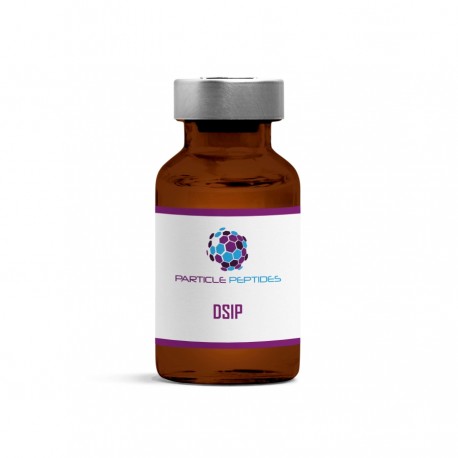




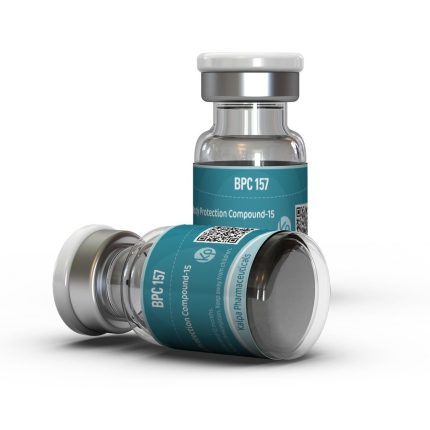
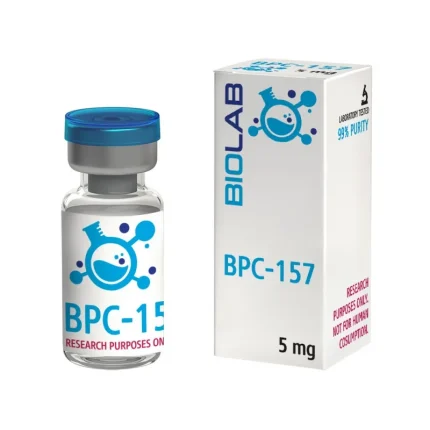
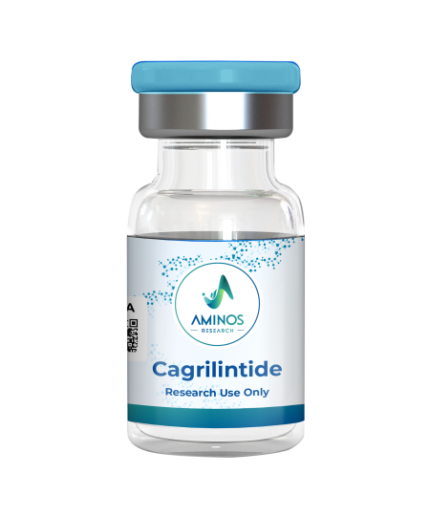
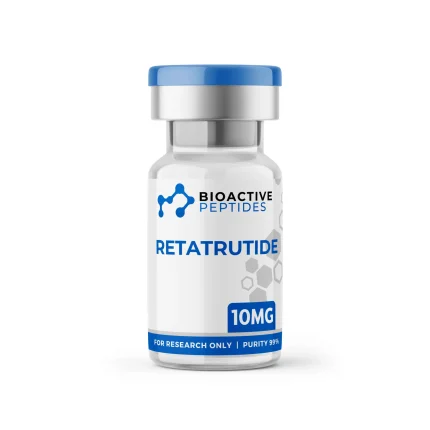
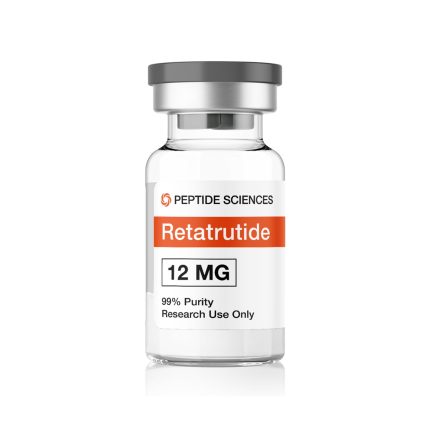
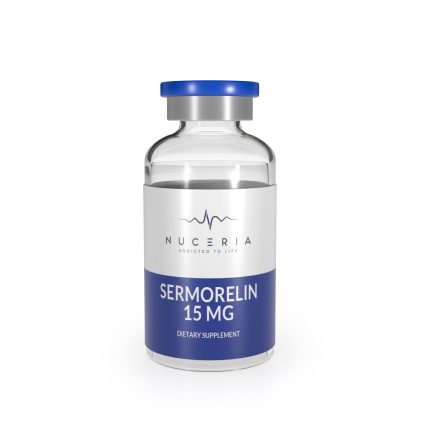
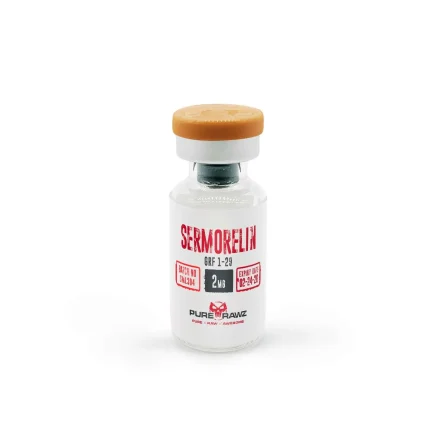









Reviews
There are no reviews yet.